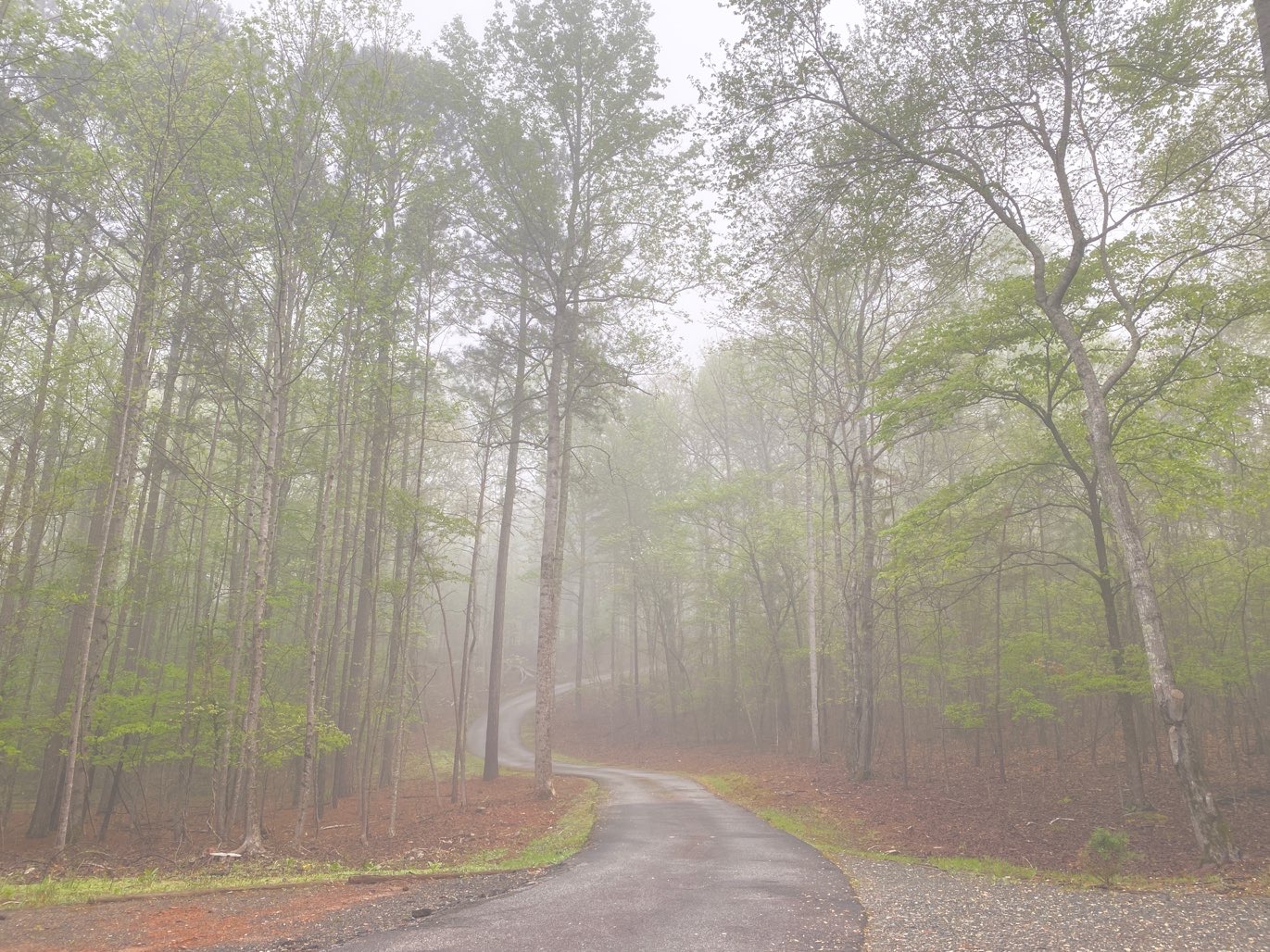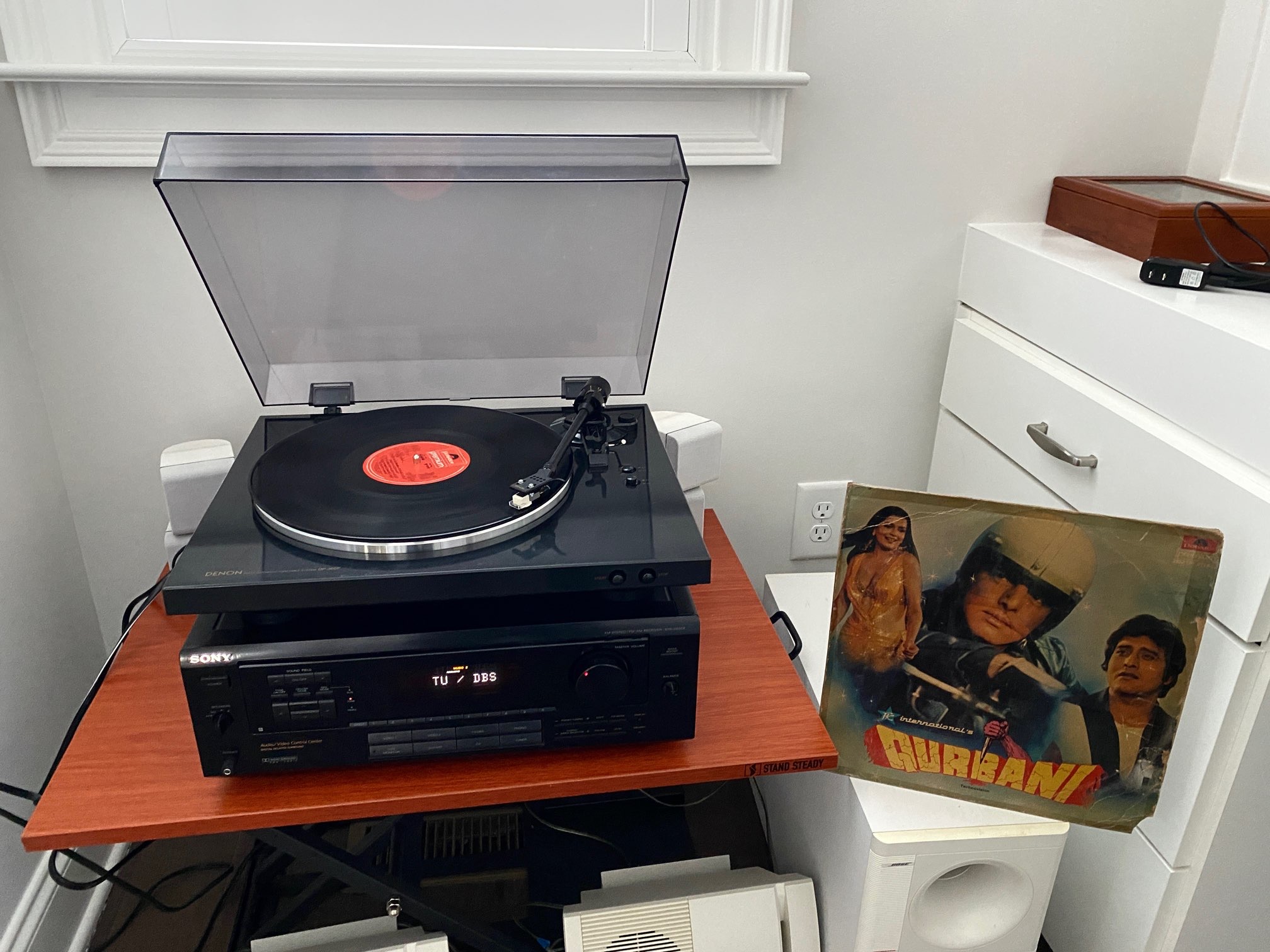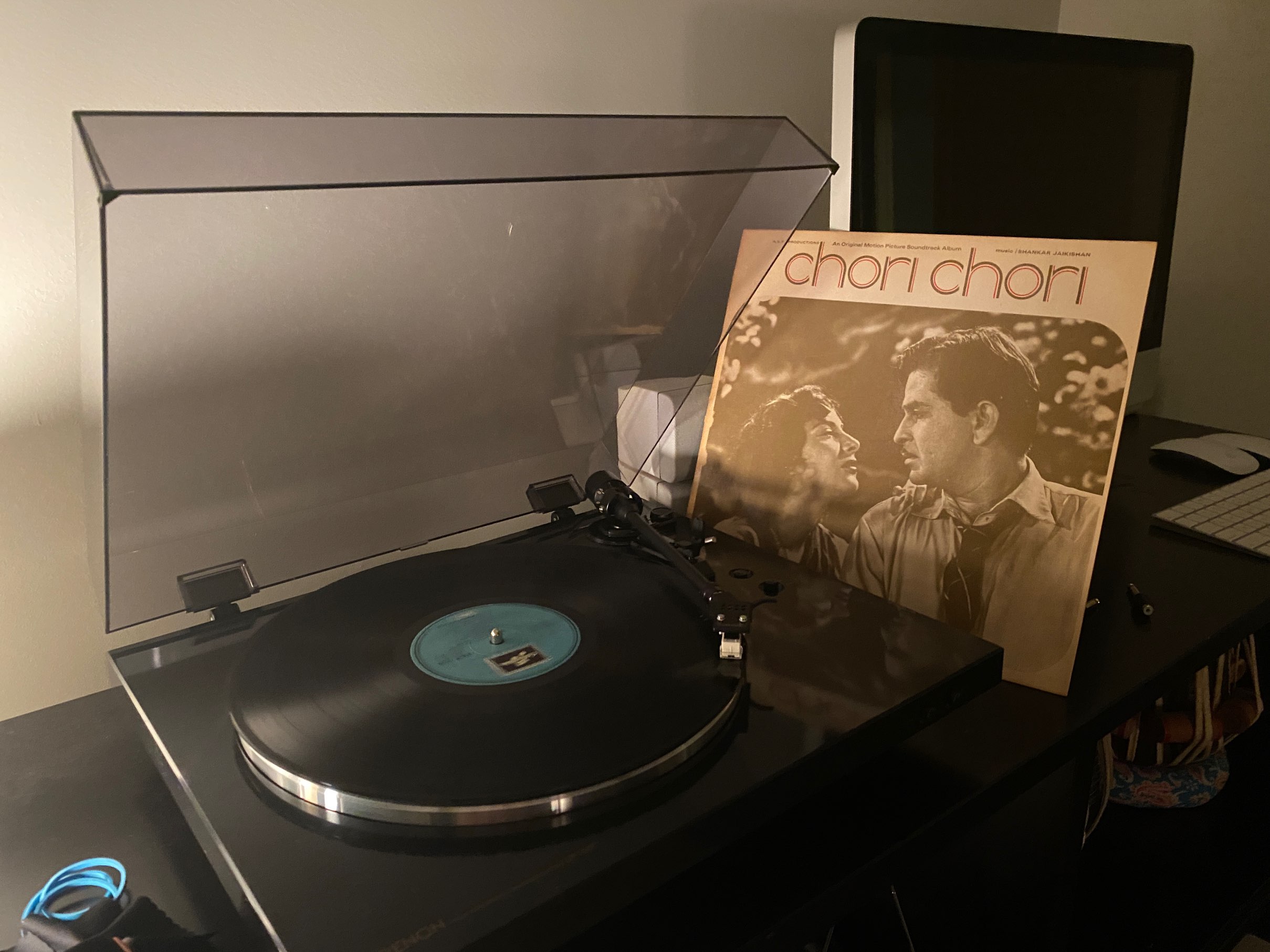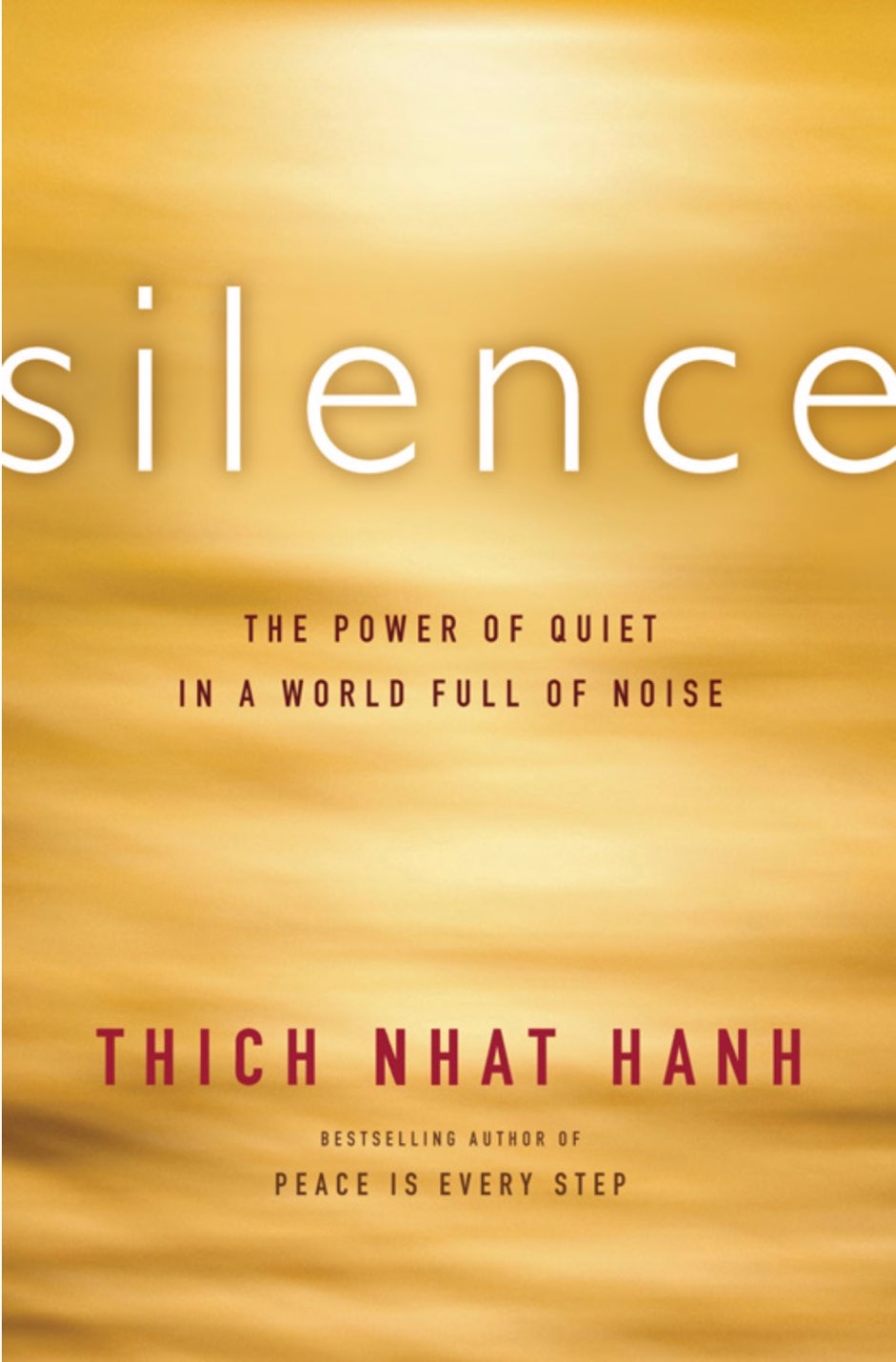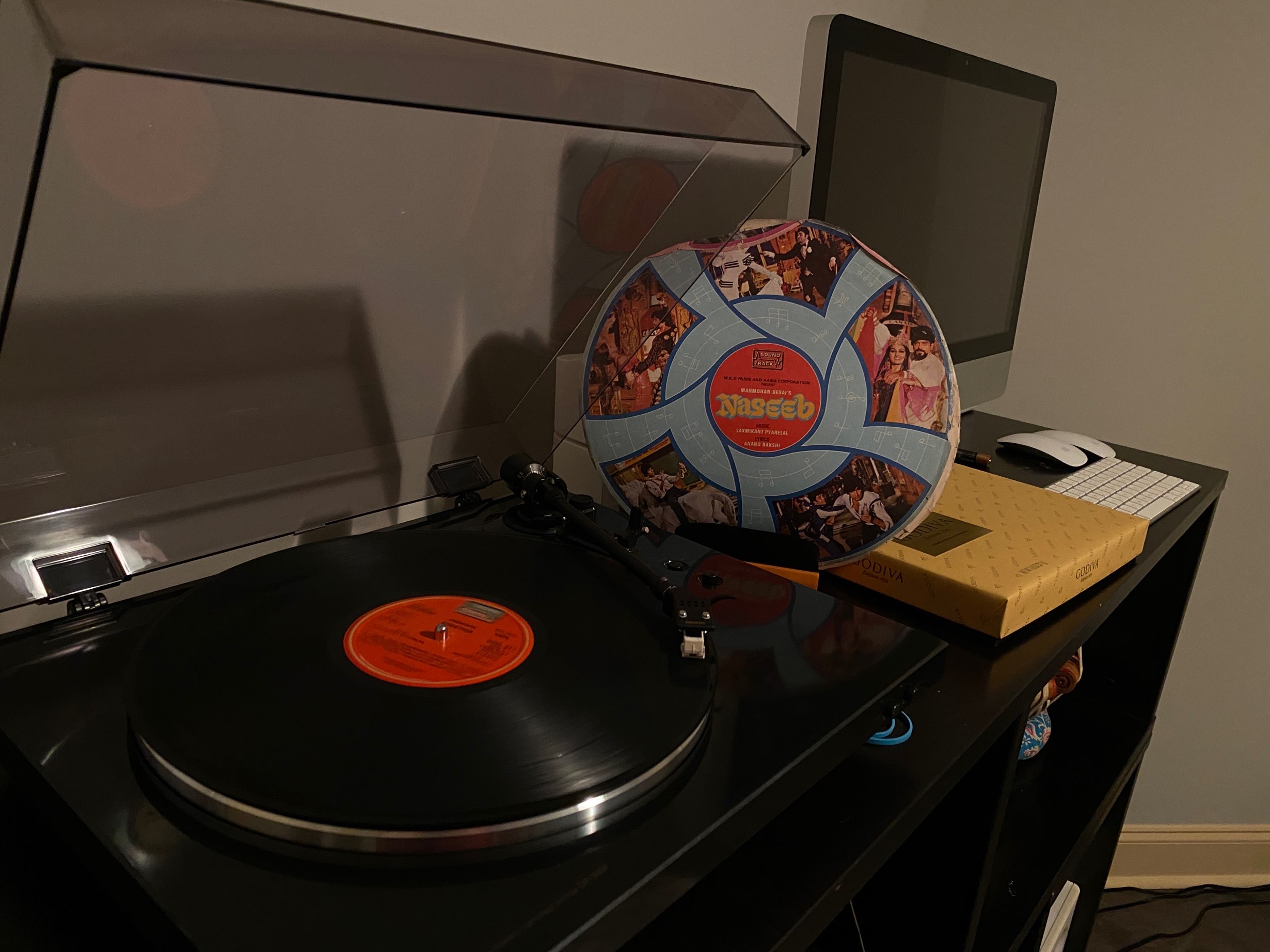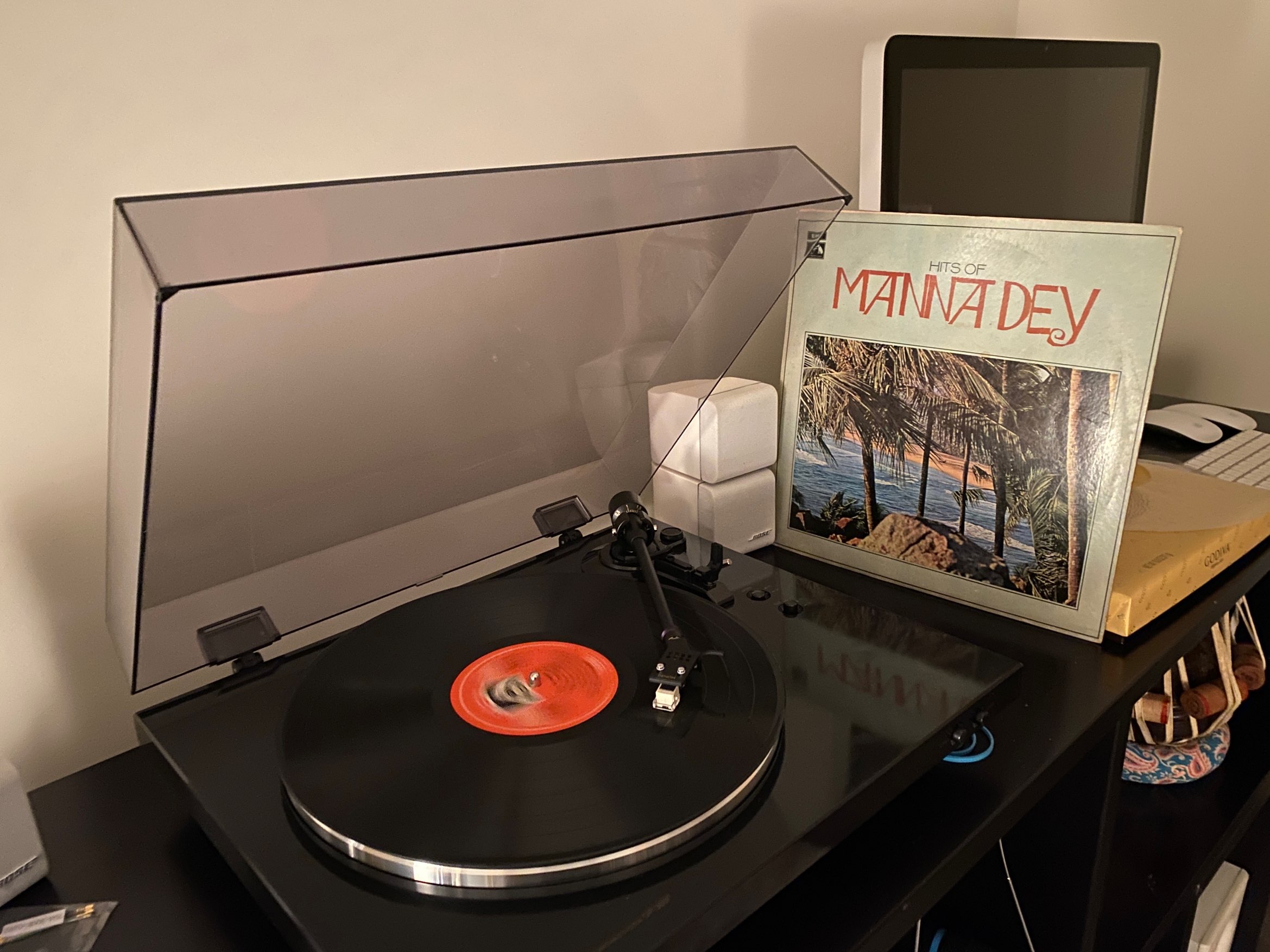What is the difference?
My friend Somya commented on a previous post of mine about the beautiful fog in our area (we live very close by) that she found the mist very beautiful too.
That got me thinking – what is the difference between a fog and a mist? I often use them interchangeably. Or a haze for that matter. After doing some internet searching, here is what I have gathered.
A fog is essentially a low lying cloud. It is low enough that it touches the ground level (the ground you are on might up in the hills). Being a cloud, it forms slowly by evaporation of water from water bodies nearby and then condenses as water particles and hangs in the air. Visibility is usually less than a kilometer.
A mist, on the other hand, is caused by rapid condensation of water vapor – usually from volcanic activity or sharp changes in temperature and humidity. Because of the speed of condensation, the water particles are smaller. Therefore the visibility is higher and it disappears faster than a fog.
A haze, I found out is also suspension of particles in the air – but dry particles. Has nothing to do with water. Could be around a factory, as an example.
Do you know any more on this subject?
Thank you Somya – for helping me learn something new this morning!
